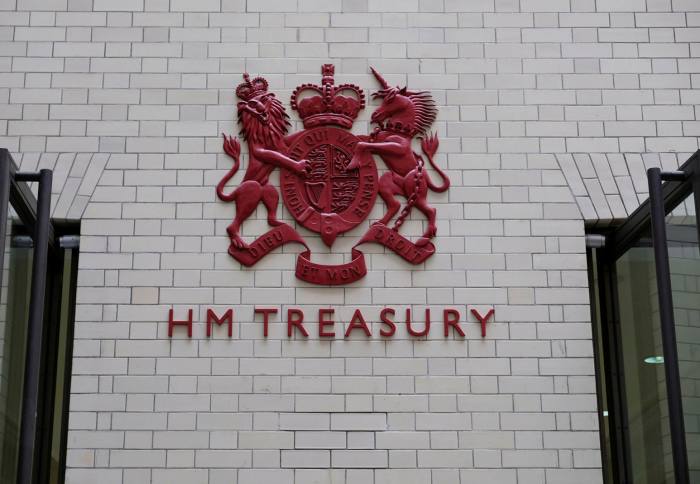
The Treasury has extended Ucits funds’ exemption from the package retail investment and insurance-based products (Priips) regulation for five years.
The extension, to December 31 2026, means that instead of producing the Priips key information document, Ucits funds sold in the UK will continue to be required to provide a key investor information document as per the requirements of the Ucits directive.
The Treasury said the decision had been made “to provide certainty for industry and investors regarding the disclosures Ucits funds providers will have to make to retail investors beyond the end of 2021.”
This marks a divergence from EU rules, as the European Commission last month ruled that the Ucits exemption for funds marketed in the EU will expire at the end of June next year.
The Treasury has added that changes to the regulation might be enacted sooner than 2026, depending on the outcome of its review of the UK retail disclosure regime.
It said: "While the current exemption will be extended by five years, depending on from the result of HM Treasury’s review of the UK retail disclosure regime, changes to the Priips regulation may be made – or a successor regulation may be introduced – sooner than 2026.
"In this scenario, considerations would be made to ensure a smooth transition to the new regime for all retail investment product providers, including those marketing Ucits funds."
The Priips rules were first established in during 2018 and require investment trusts to provide a prediction of future returns using a methodology that takes into account the returns achieved by the fund in previous years.
The regulation has been criticised by regulators and industry bodies in the UK, and in 2018 the then-FCA chief executive Andrew Bailey said he was “concerned” about the rules.
Industry bodies also expressed reserve, with Chris Cummings, chief executive of the Investment Association, saying the regulator had already received evidence of investor detriment and should not hesitate to act.
sally.hickey@ft.com





